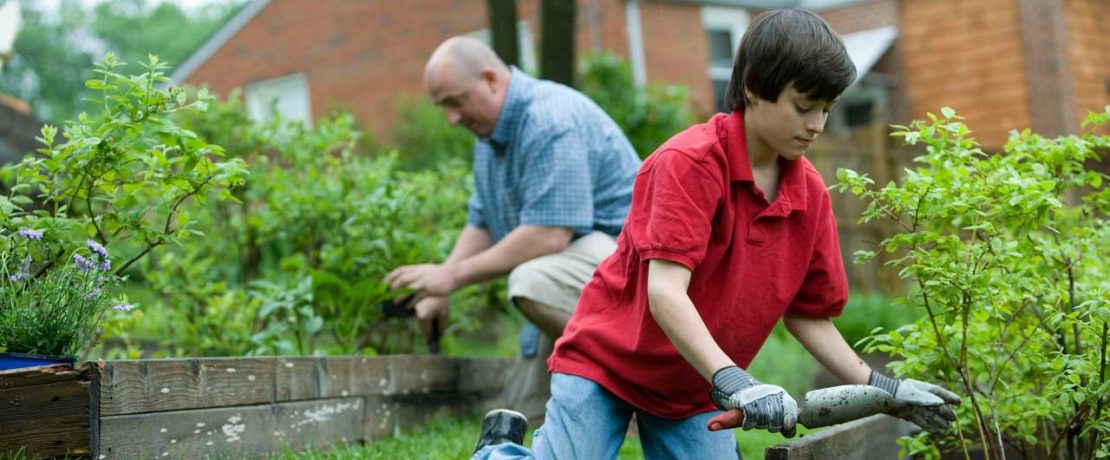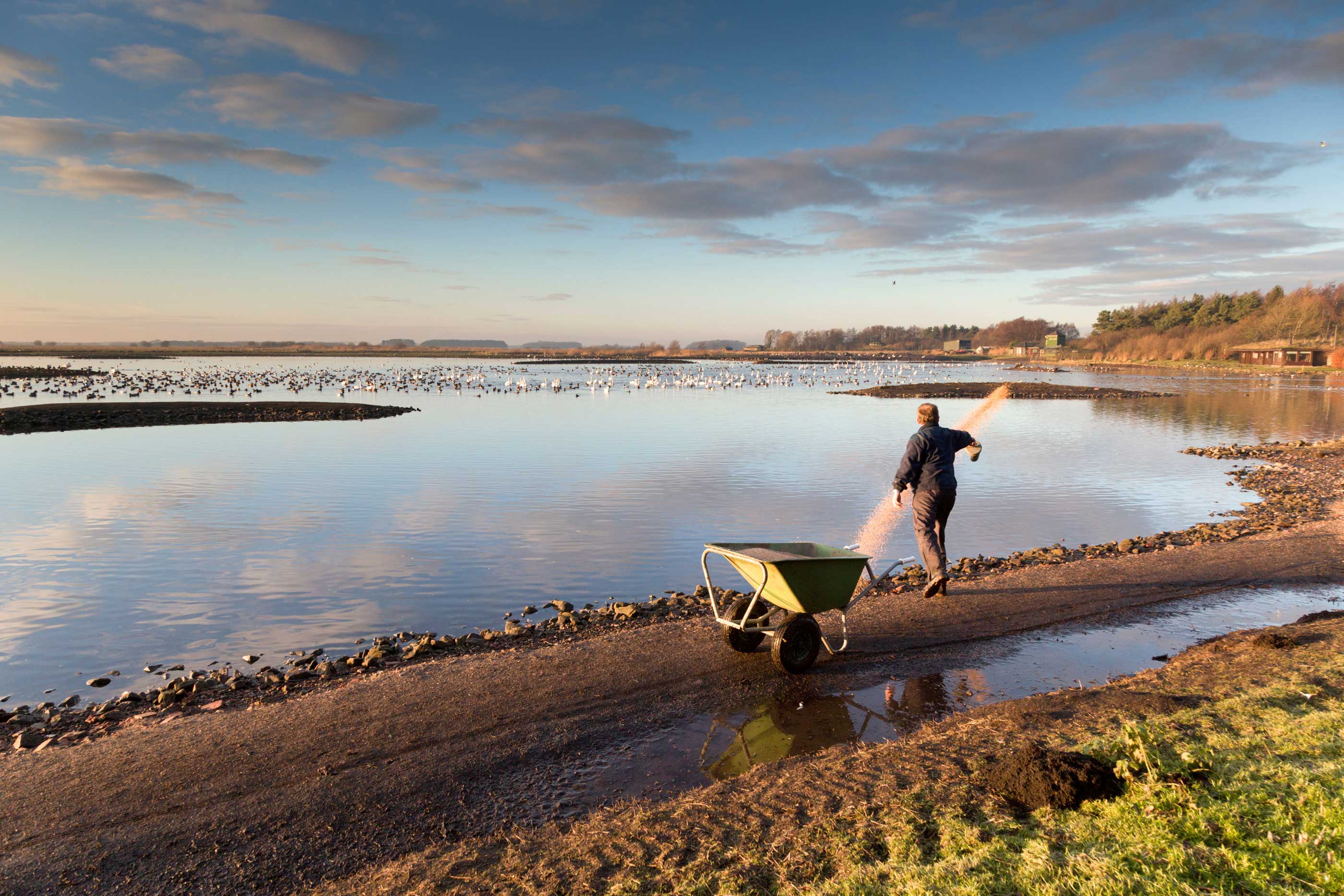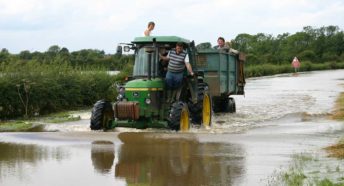Good news: compost made of peat, climate-saving ‘soggy soil’, is phased out
Areas of the countryside sometimes called ‘Britain’s rainforests’ because of their extraordinary natural importance look set for a better future as the government makes plans to reduce peat being dug up for use in gardening.
It’s good news. Early 2021 will see a new England Peat Strategy from the government, and we’re happy to see it should drive forward plans to stop peat bogs being dug up and the peat used in composts.
That rich soggy soil found in some boggy areas might seem innocuous – but that deep brown earth is actually a climate and nature-saving hero. Peatlands provide homes for rare and endangered species and lock up carbon, keeping it safe from being emitted into the atmosphere and worsening the climate crisis (you can learn more about this in our news story about the power of peat in mitigating climate change).
But for too long, we’ve not cared for these peatland areas as well as we should. Peat is often cut and removed and, because it makes such a great, absorbent medium for growing things, used in gardens as compost.
Lots of garden centres sell compost that contains peat, and it’s not even always clear from the labels what we’re buying – making it hard for us customers to make informed choices and reduce or stop our peat compost use at home.
For peat’s sake
There have been some great examples set by gardening organisations such as the Royal Horticultural Society, who have been almost entirely peat-free in their gardens for many years.
But progress on helping gardeners to cut out peat use has been too slow, and so we’re happy to see more decisive action coming through from the government to make this happen. Rebecca Pow, the Environment Minister, has said that a new and decisive strategy to limit peat-based composts would be released very soon:
‘The strategy will include plans to speed up progress in phasing out the use of horticulture peat in England. This not only protects UK peat bogs but also the wider European environment recognising that actually two-thirds of the peat sold in the UK is imported from the rest of Europe.’
Promising composting
At CPRE, we’ve long campaigned for peat to be better protected so as to limit the harm done to nature, including species like the carnivorous sundew plant, and to keep carbon stored instead of being released into the atmosphere in damaging amounts. Naturally then, we welcome these new measures that should, if well applied, phase out the use of peat in growing things rapidly and support the use of alternatives.
Want to do your bit to cut out peat in the garden? Our ‘bog blog’ (it’s everything you never knew you needed to know about the brown stuff!) has tips on how you can do your bit and what works well as an alternative. Happy digging!





 7 min read
7 min read 



